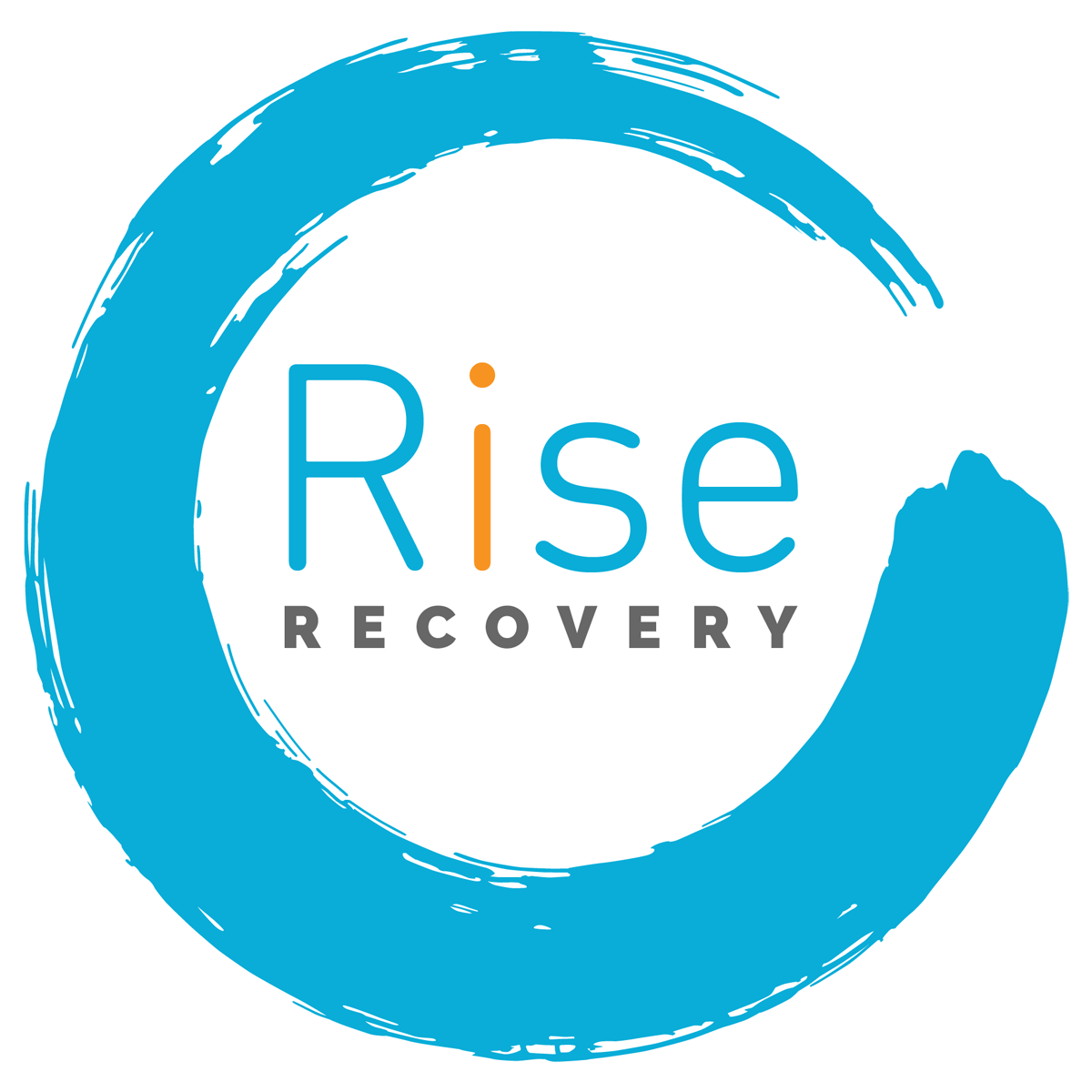
Their future. Your legacy.
At Rise Recovery, we are committed to making a positive impact on the lives of teens, young adults, and families struggling with the effects of drugs and alcohol. Our mission is to provide support, guidance, and resources to help individuals on their journey to recovery. We also believe that the power to create lasting change lies not only in the present but in the future.
What is Planned Giving?
Planned giving is a thoughtful and strategic way to support Rise Recovery’s mission beyond your lifetime. It involves making charitable contributions as part of your financial and estate planning. By including Rise Recovery in your estate plan, you can ensure that your legacy of compassion and support lives on, transforming the lives of those in need for generations to come.
Who We Serve:
- 72 zip codes served in San Antonio and surrounding areas
- 22,142 services provided in FY23
- Reaching students accross 14 Bexar County School Districts
- 14,600 students, school staff and parents educated on recovery and substance use prevention
Rise Recovery has tirelessly worked for 40+ years to offer free programs and services that help individuals and families overcome substance abuse barriers and promote community education and prevention.
Why Choose Planned Giving?
- Create a Lasting Impact: Your planned gift will contribute to the long-term sustainability of Rise Recovery, enabling us to continue our vital work in helping teens, young adults, and families overcome the effects of drugs and alcohol.
- Tax Benefits: Planned giving can offer significant tax advantages for you and your heirs. By consulting with a financial advisor or attorney, you can maximize these benefits while supporting a cause you care deeply about.
- Leave a Legacy: By including Rise Recovery in your estate plan, you leave a meaningful legacy that reflects your commitment to the wellbeing of our community. Your generosity will inspire others to follow in your footsteps.
HOW DO I INCLUDE RISE RECOVERY IN MY ESTATE PLAN?
There are a variety of options to consider when planning the transfer of your estate assets. Knowing your options helps make your charitable gifts more effective, and more favorable to your estate.
A bequest is made through your will or trust. It is easy to establish and can be changed anytime before your death. You can state your bequest as a set amount of cash, securities, or other assets; or as the “residue” or a “percentage of the residue” of your estate.
Assets held in 401(K) and 403(B) accounts require special consideration in your financial and estate planning. The law requires income tax to be paid on any withdrawals from the accounts, which may diminish its value for you and your heirs. If you leave retirement assets to family members in your estate plan, estate tax may be levied as well. This double taxation could significantly decrease the value of the asset for your heirs. Through your plan provider, you have the option of naming Rise Recovery as the primary or contingent beneficiary of your retirement plan account-designating either a stated percentage or dollar amount.
You can use a life insurance policy to support Rise Recovery without the immediate burden of a large financial commitment by irrevocably designating Rise Recovery as the owner and beneficiary of an existing policy. If all the premiums are completely paid, you may be able to claim a current income tax deduction for the value of the policy. If premiums are still required, you may be able to claim a current income tax deduction for the gifts made to Rise Recovery each year to be used for the premiums. You can also name Rise Recovery as the beneficiary of employer-provided life insurance. Each of these gifts may allow Rise Recovery to receive the benefit of the insurance proceeds and ensure that the proceeds are exempt from estate tax at your death.
A CRT lets you convert a highly appreciated asset like stock or real estate into lifetime income. It reduces your income taxes during your lifetime and estate taxes when you die. You pay no capital gains tax when the asset is sold, and it lets you help Rise Recovery. For the rest of your life, or a term of years up to 20, the trust pays you an income. When you die, the remaining assets go to Rise Recovery.
A DAF is a flexible, low-cost solution to allow your family, friends or others you name to steward your charitable gifts beyond your lifetime. You can contribute to a DAF during your lifetime and/or name it as the beneficiary of any of the planned giving options. DAFs are held and administered by public charities, and therefore your gift will qualify for the same tax benefits of gifting to a public charity. When combined with other planned giving tools, DAFs will offer administrative convenience for your family and for those you name as advisors. You can choose to provide guidance during your lifetime on how you would like the funds managed by those you name as advisors when you die.
Get Started Today:
To learn more about planned giving options or to discuss how you can leave a lasting legacy with Rise Recovery, please contact our Development Office at
210-227-2634 or email us at info@riserecovery.org
Together, we can make a difference and create a brighter future for our community where the effects of drugs and alcohol no longer hold young lives hostage.




